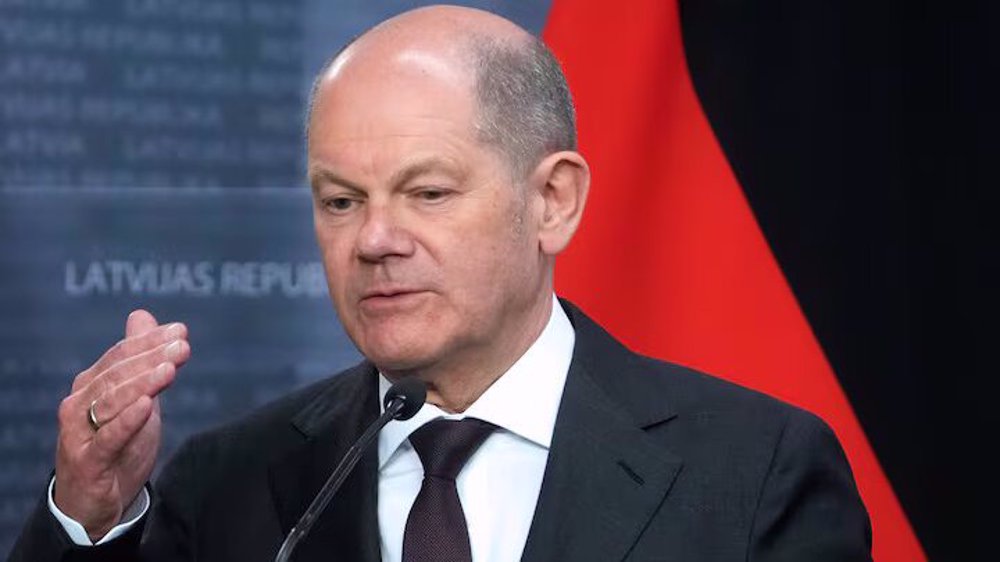German train drivers go on strike
The union representing German train drivers has announced the commencement of an open-ended industrial action as attempts to settle ongoing disputes with rail operator Deutsche Bahn fail.
The German Train Drivers’ Union, GDL, which represents 20,000 drivers, announced that freight trains were due to stop working at 3 p.m. local time (1300 GMT) on Tuesday, and passenger train drivers will walk off their jobs from 2 a.m. (0100 GMT) on Wednesday. The GDL did not specify an end date for the strike but only promised to give a 48-hour notice ahead of the final day.
This will be German train drivers’ ninth strike in just 11 months over unsatisfactory working conditions. They are demanding wage increases from their employer, Deutsche Bahn.
The GDL, which demands a five-percent pay increase as well as shorter working hours, is also pushing for the right to represent all on-board personnel, including train stewards, rather than just train drivers.
Claus Weselsky, the head of the GDL, said the fresh strike would “last a little longer” than the previous stoppage on May 4, in which more than 19,000 train drivers, switch-yard engineers and conductors halted work through May 10 for a total of 127 hours.

In response to the new strike, Deutsche Bahn's personnel director, Ulrich Weber, said, “Strikes hurt everyone and cost time and money.”
Meanwhile, Transport Minister Alexander Dobrindt asked the union to have “responsible bargaining, (which) means you have a duty to search for compromise, and that only happens at the negotiating table.”
Train drivers staged several walkouts last year, causing major transport disruptions that affected over 5.5 million people. The industrial action cost the German economy over 150 million euros (USD160 million) from September to November last year.
Each daily strike can cost Germany's economy 100 million euros (USD 111 million).
MIS/MHB/AS
UNRWA suspends food distribution in Rafah amid Israeli invasion
VIDEO | Iranians in Tabriz hold mourning ceremony for President Raeisi
VIDEO | UN Security Council observes moment of silence in memory of President Raeisi
Ukraine says armed forces hit Russian cruise missile carrier in Crimea
Itamar Ben-Gvir promotes future Israeli settlements in Gaza
UN flag at half mast to respect martyrs of Iran’s copter crash
VIDEO | Lebanon: Resistance and liberation day
World shows support to ICC’s Gaza ruling as US, Israel spurn arrest warrants










 This makes it easy to access the Press TV website
This makes it easy to access the Press TV website